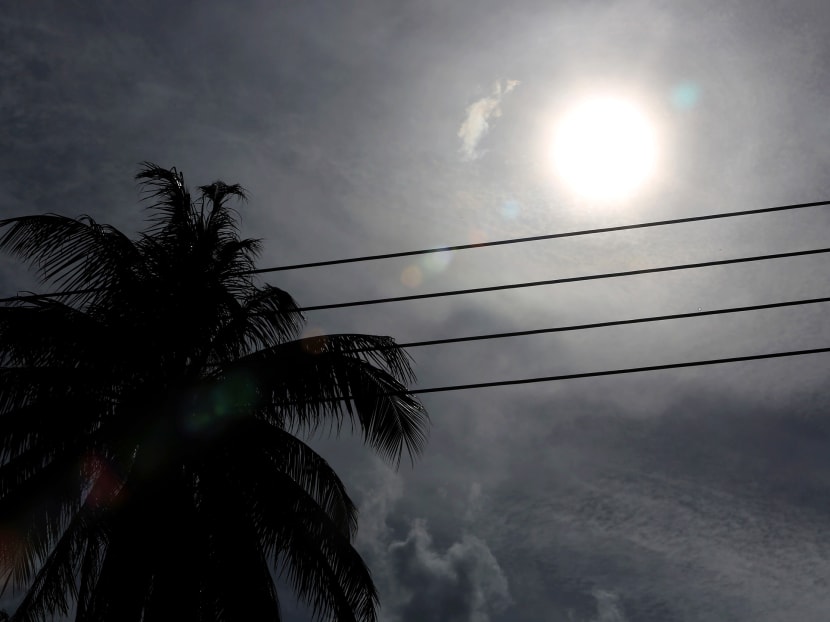2017 marks hottest year for Singapore without El Nino’s influence
SINGAPORE – The mercury level hit the highest mark in Singapore in 2017, marking it the warmest year on record over the past few decades that was not influenced by an El Nino event, according to the Annual Climate Assessment 2017 released by the Meteorological Service Singapore (MSS) on Friday (March 23).
SINGAPORE – The mercury level hit the highest mark in Singapore in 2017, marking it the warmest year on record over the past few decades that was not influenced by an El Nino event, according to the Annual Climate Assessment 2017 released by the Meteorological Service Singapore (MSS) on Friday (March 23).
This is indicative of the long-term temperature rise that Singapore has been experiencing "due to factors such as global warming and urbanisation", said the MSS on its annual report on Singapore's climate trends.
The year 2017 was Singapore's warmest on record "that was not influenced by an El Nino event, which is indicative of the long-term warming that Singapore has been experiencing," said the MSS.
According to the report, the annual mean temperature for 2017 was 27.7°C, 0.2°C higher than the 1981-2010 long-term average.
The last year without El Nino was in 2011, which saw an annual mean temperature of 27.6°C. The coolest year without El Nino was in 1985 at 27.1°C. In comparison, the annual mean temperature in 2016 was 28.4°C.
The MSS said the annual mean temperature has risen at an average rate of around 0.26°C per decade from 1984 to 2017.
The report also noted that the typically cooler months of December and January have experienced the highest rate of increase in extreme warm temperatures over the past few decades in Singapore.
The trends indicated that the "gap in extreme warm temperatures between the cooler and warmer months of the year is narrowing", it added.
However, the MSS said there is no current explanation for its findings and that it is "an area that requires further studies and research".
Highlighting the temperature extremes for 2017, the MSS said that Jurong West saw the highest temperature recorded on March 15, 2017 at 35.7°C.
Meanwhile, residents living at Tai Seng and Pulau Ubin experienced a balmy 21.7°C on the night of Jan 11, 2017, while those in Tuas got their turn on Aug 15 night.
The warmest month was recorded in June last year at an average temperature of 29.4°C, while the coolest was in February at an average of 26.1°C.










